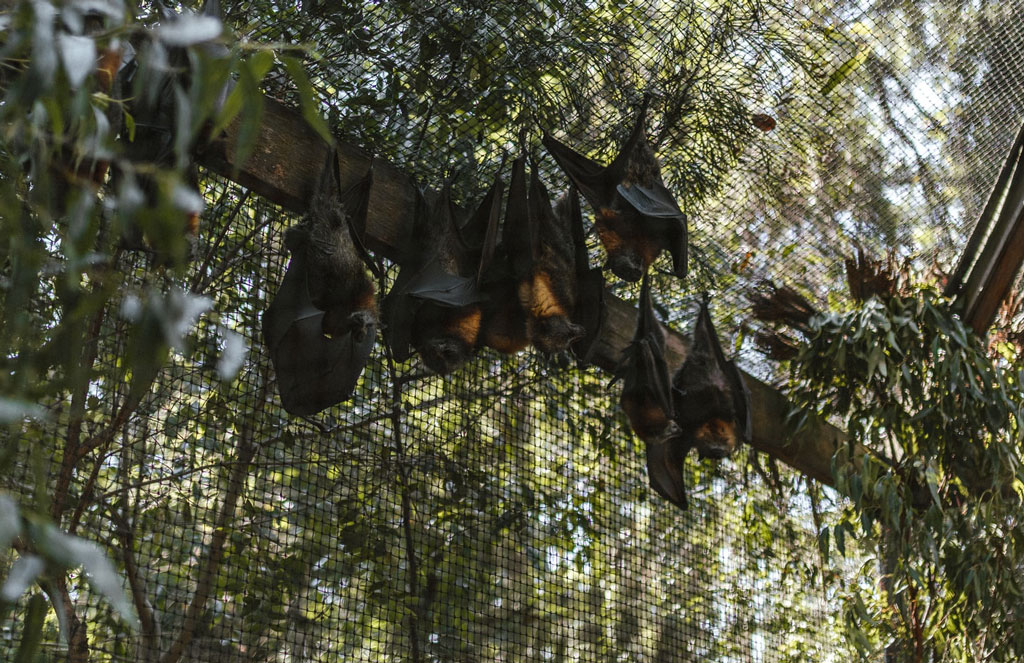Understanding the mechanisms of how bats regulate immune responses to clear infections and prevent excessive inflammation may lead to a deeper understanding of the regulatory circuitry of the human immune system and host-pathogen interactions.
The National Institute of Allergy and Infectious Diseases (NIAID) is supporting research to characterize cellular and molecular constituents of the bat immune system to better understand protective innate and adaptive immune mechanisms in bats through a new funding opportunity announcement (FOA) Research on Bat Immunology .
Approximately two-thirds of emerging pathogens are of zoonotic origin, with bats serving as natural reservoir hosts for several RNA viruses that are highly pathogenic to humans, such as severe acute respiratory syndrome-related coronaviruses (SARS-CoVs), Hendra, Marburg, Nipah, and rabies viruses. The bat immune system appears to be uniquely adapted for the control of viral infection without the manifestation of disease or pathology.
This program will support projects to characterize the bat immune system, including defining protective innate or adaptive immune molecules and mechanisms. NIAID’s high-priority areas of interest are:
- Characterizing the cellular constituents of the bat immune system
- Dissecting the molecules and pathways involved in regulating the bat’s innate or adaptive immune system
- Mechanistic studies of bat immunity and resolution of inflammation
- Studies of the quality, magnitude, and kinetics of bat immune responses during infection
- Exploring metabolism’s role in bat immune regulation
- Structural studies of bat immune proteins
Historically, limited reagents have hindered cellular studies with bat primary cells and cell lines. Developing reagents to support bat immunological studies is an allowable research component for applications to this funding opportunity.
Applications must include a Biohazard Protection and Safety Plan that contains a biohazard risk assessment, and a brief discussion of exposure control and response procedures to protect against possible bat-to-human and human-to-bat transmission events.
The combined budget for direct costs for the two-year project period may not exceed $275,000. Applicants may request no more than $200,000 in direct costs in any single year. Foreign institutions and foreign components are eligible to apply.
The FOA has two receipt dates: July 15, 2021, and March 15, 2022. For inquiries, contact Dr. Kentner Singleton, NIAID’s scientific/research contact.


